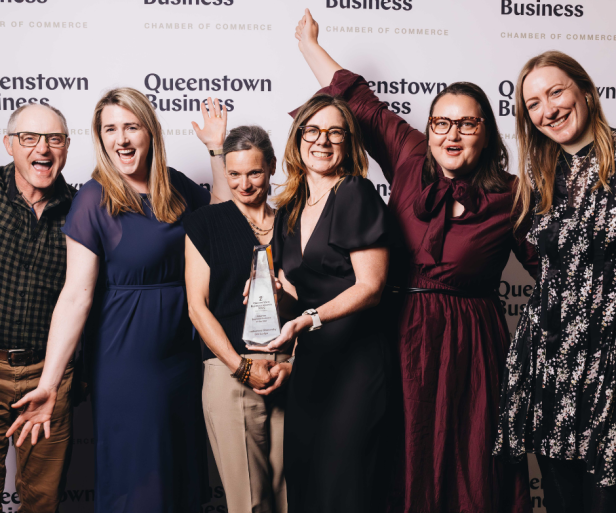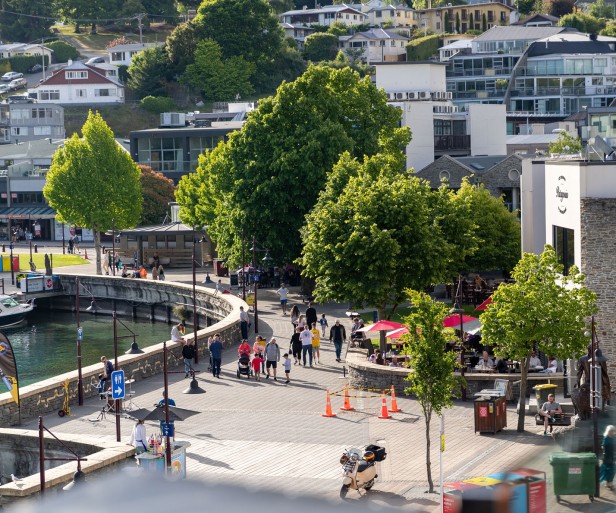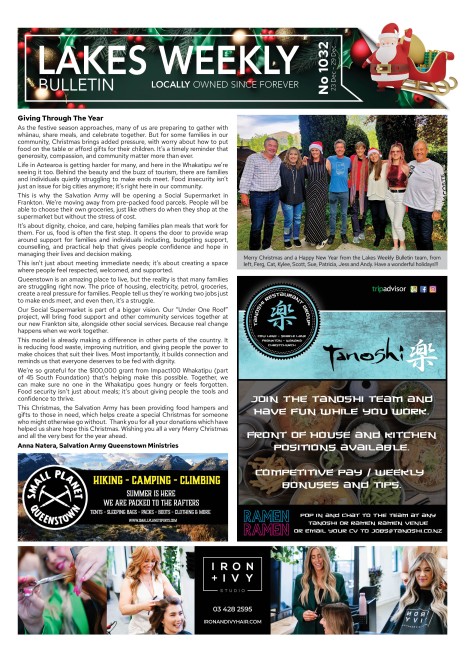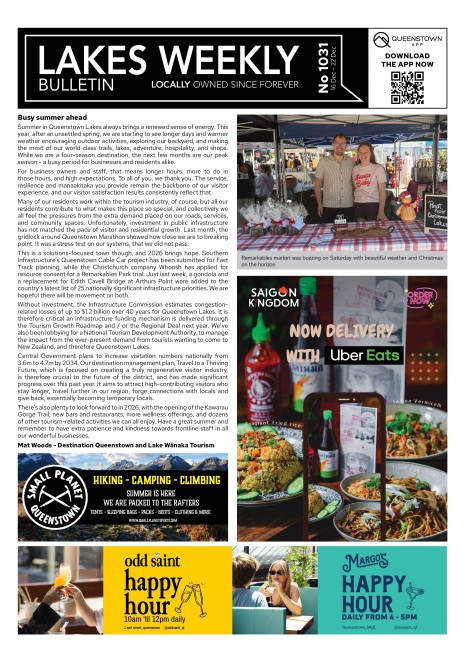Queenstown accommodation crisis – issues and solutions?

by Rachel Buckley (Associate, AWS Legal)
Plans to increase housing supply and affordability in Queenstown have continued to fall short despite desperate appeals from within the community. The framework for tackling the issue includes sector-specific legislation, national policies and independent entities. We summarise some of these efforts and consider the practicalities of these alternative solutions to the housing crisis facing Queenstown.
Over the years, a series of amendments have been made to the Resource Management Act 1991 (“RMA”). The once 382-page RMA has evolved into a complex piece of legislation, spanning 896 pages. The RMA currently fails to facilitate the availability of affordable housing to New Zealanders – an issue becoming increasingly relevant in the Queenstown Lakes District.
The operation of processes within the RMA, and the way in which territorial authorities exercise their regulatory functions, have become major barriers to fast and effective responses to the demand for affordable housing. The costs for large-scale developments to obtain resource consent, notice requirements and requiring affected party approvals delay and decrease the availability of affordable housing. The cost to residential landowners to subdivide larger parcels of land also acts as a deterrent. In response to ongoing calls for reform to the RMA, new legislation has been proposed to replace the RMA which will make resource consent applications easier and more predictable.
In a bid to tackle the national housing crisis, the National and Labour parties jointly announced the Resource Management (Enabling Housing Supply and Other Matters) Amendment Act 2021 (“Act”). The Act aims to remove overly strict planning rules which limit the heights and density of housing in residential areas. While it was mandatory to modify the District Plan for a number of “Tier 1” local authorities, the Queenstown Lakes District Council (“QLDC”) was delegated to “Tier 2”, meaning it is not automatically captured by the Act. Notwithstanding this, the Minister for the Environment can require Tier 2 councils to adopt the Act if they are suffering from an acute housing crisis. As of the date of writing, QLDC has not publicly notified any proposed modification of the District Plan to amend density rules.
The Queenstown Lakes Community Housing Trust (“QLCHT”) is an independent, not-for-profit organisation, which tackles the issue of a lack of affordable housing in the Queenstown Lakes District. The QLCHT is funded by grants from central government together with contributions of land, buildings and/or funds from local developers. QLCHT assists local Queenstown residents who meet the eligibility criteria with their first home through a variety of different programs. Once accepted, applicants will remain on a waitlist until an appropriate housing opportunity arises. A great opportunity for those wanting to settle in Queenstown long-term but unfortunately, despite best efforts, supply is limited and doesn’t keep up with demand.
The Build to Rent (“BTR”) model is an emerging sub-market which has shown successful results internationally. It acts by providing affordable rental accommodation to those who have no desire or financial means to own their own home. The model involves the development of multi-unit residential buildings for long-term rentals, rather than sales to individual owners. The properties themselves are typically owned by investors and independently managed. Investors who purchase shares in BTR projects are incentivised by dividends received relative to their shareholding. The appeal to tenants is the establishment of long-term high-quality housing without fears of their home being converted into an Airbnb.
Measures are being implemented to facilitate the growth of the BTR sector, including reform of the Resource Management Act 1991 and the Overseas Investment Office producing guidance for entities interested in the BTR model.
First Home Partner (“FHP”) is a shared ownership scheme by Kāinga Ora. FHP is designed to assist aspiring first-home buyers who are unable to meet deposit thresholds for home ownership. The scheme works by engaging Kāinga Ora to co-purchase a new home. The maximum contribution Kāinga Ora will make towards a purchase is either 25% or $200,000, whichever is lower. Successful applicants will own a property alongside Kāinga Ora as tenants in common. Properties that meet the FHP criteria in Queenstown are few and far between.
While these creative schemes provide excellent opportunities for individuals to own an interest in property, with waitlists, lack of supply and planning constraints, we are seeing more and more posts on the Queenstown Trading Facebook page from families and individuals struggling to put a roof over their heads. Not to mention rising interest rates, compliance with the Healthy Homes Standards and the appeal of Airbnb returns for Landlords. Business owners are investing in properties to house their staff to ensure their businesses can operate, putting themselves under more financial strain. These are all long-term facilitators which will ultimately ease the accommodation crisis in the future but only for some fortunate few. Is there anyone out there with a short-term solution? Vacant House Tax?
If you’d like further information on any of the above schemes, please contact Rachel Buckley, Alice Hoogvliet or Kyle Galbraith at AWS Legal.









